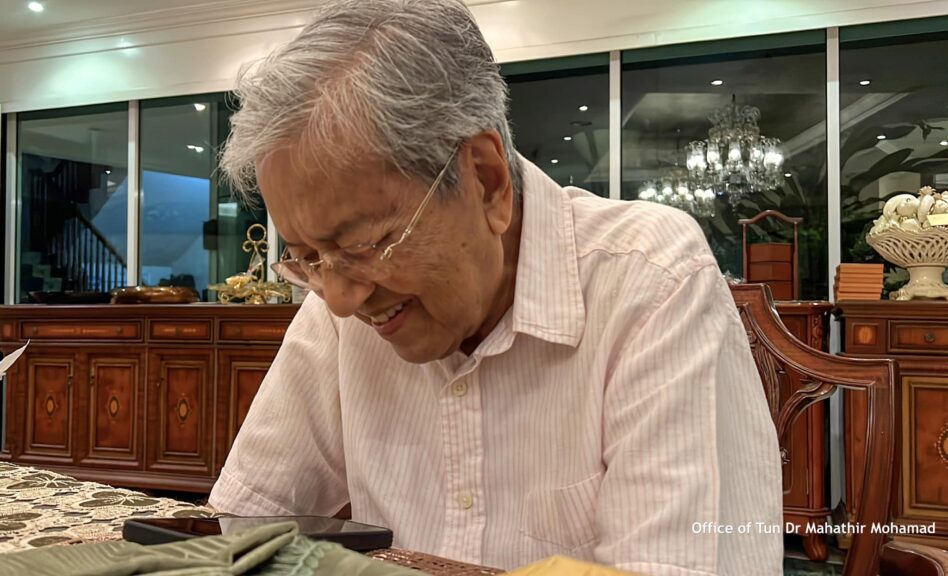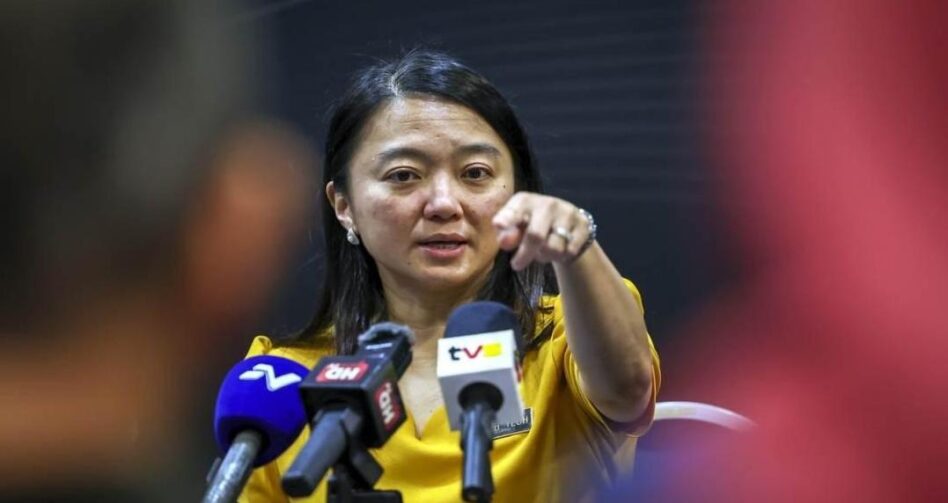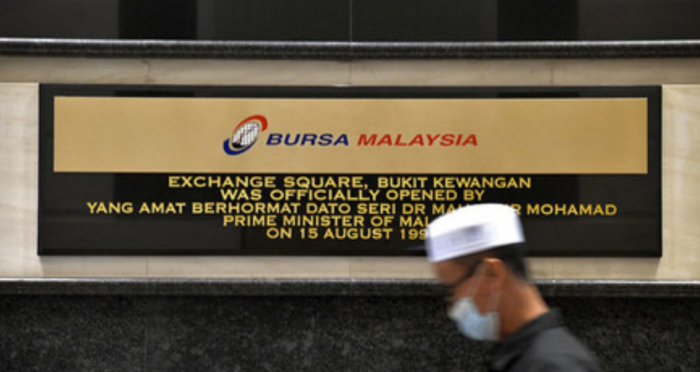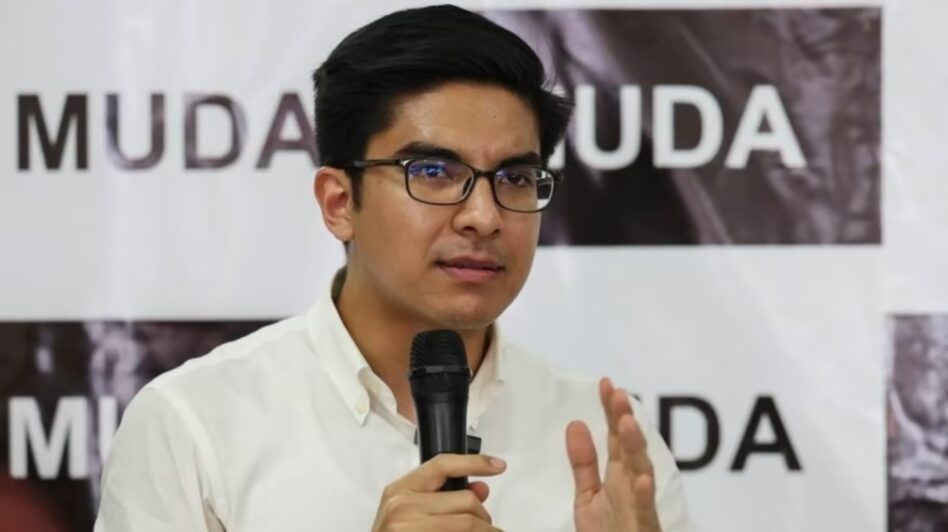LONDON: Olaf Scholz might want to study some history. The German finance minister was wrong when he described the fraud at Wirecard as “a scandal which is almost unprecedented in the world of finance”.
The German payments processor’s €1.9 bil (RM9.12 bil) of imaginary bank balances are actually pretty familiar. They resemble, for example, the fictitious orders in the 1938 McKesson & Robbins scandal and the fraudulent loans that brought down the Bank of Credit and Commerce International in 1991.
Each tale of corporate deceit has its own villains and dupes, but accountants often feature in the latter group.
EY, which has audited Wirecard since 2009, certainly has at least one hard question to answer: why did it not try to confirm the existence of key Singapore bank accounts for three years?
Any first-year auditing student would know the importance of such verifications. EY argues that it is not so simple.
As with previous frauds, the Wirecard debacle will have consequences. The audit firm formerly known as Ernst & Young may face legal trouble, and the German government is likely to tighten the supervision of accountants.
However, neither big fines nor new rules will solve the two fundamental problems of corporate auditing.
The first is moral hazard. The four big global firms are too few for any one of them to be allowed to fail. That protection reduces the incentive for PwC, Deloitte, EY and KPMG to be extra-vigilant.
The second problem is that auditors have an incentive not to ask difficult questions of the companies that pay the bills for their audits, and which can give them other more lucrative consulting business. It is all too easy to agree with your paymasters.
Complaints about accountants’ conflicts of interest have been heard for decades, and excessive concentration in the industry was already a concern in the 1980s, when the American audit business was dominated by the so-called Big Eight.
There have been some reforms since then, most notably limits on mixing consulting with auditing. However, the audit business goes on much as it has for more than a century.
The impasse is easy to explain. Companies, investors and governments have little interest in paying much more for audits that would rarely produce vastly different results.
Yet occasional big frauds are worth weeding out, because they undermine confidence in the entire system. There is a relatively simple way to do that: split audits into two parts, collaborative and hostile.
The overwhelming majority of audit work is best done as a joint effort by the auditor and audited. A friendly dialogue helps companies follow the dense skein of accounting regulations and provides an external reality check on the numerous internal processes of measurement and control.
Auditors who are always wondering whether their corporate counterpart is lying will not be very effective at these tasks.
Someone, though, should be looking out for the scoundrels. While a shared interest in corporate survival is enough to keep really blatant cheating at bay almost all of the time, some bosses will always be tempted to cook the books.
That’s where forensic auditing would come in. Rather than trying to convert all auditors into fraud detectives, it would be better to train up a small army of naturally suspicious people to become official investigators, looking for accounting skulduggery.
The system could work like this. Audited companies and regular auditors would both pay fees into a pool that they do not control. The money would be distributed to one or more firms of forensic accountants.
These money-detectives would not be expected to check out every company. Rather, the experts in disbelief would sniff out suspicious activity.
How to smell a rat? Short-sellers, whistle-blowers, tipsters, worried bankers and investigative journalists could all make useful suggestions. Comparisons of key ratios might spew out suspicious anomalies, and random checks can be quite effective.
The forensic pros might choose to focus on sectors that tend to attract miscreants. Waste Management, which got into serious trouble in 1998, was big in rubbish removal, a business that had faced legal problems in the United States for decades.
Wirecard got started by processing payments for traders in pornography and online gambling.
To be effective, forensic accountants would need a government licence to pry, plus the authority to prevent regular auditors from signing off on accounts.
That is a potent threat, so managements would have a big incentive to cooperate.
One challenge for the forensic auditors would be to hang on to their best employees. The job should therefore come with social kudos, boosted by high salaries and perhaps bounties for catching cheaters.
The forensic firms would need to be supervised carefully, since people looking for corruption can all too easily be corrupted. Confidentiality is crucial, as is an organisational culture of the highest integrity and impartiality.
EY and its peers might not welcome a split, since it would mean giving up some of their revenue and authority. Resistance would be a mistake.
Outsourcing fraud detection would save the accounting giants large fines, avoid some terrible headlines, and hopefully speed up the discovery of Wirecard-style deceit. – July 1, 2020, Reuters










